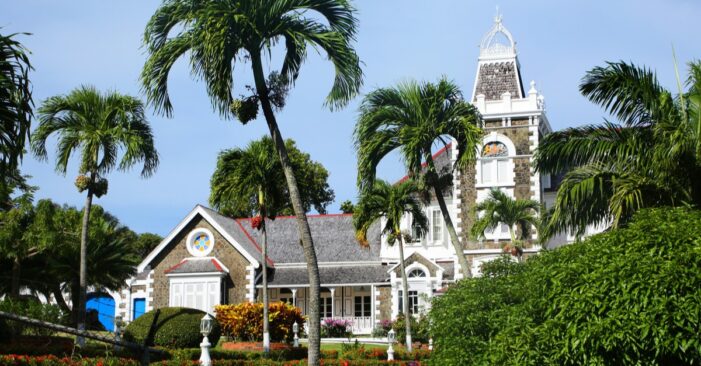By Dale Elliott and Bibi Khatoon, Jamaica Observer
St Lucia’s Citizenship by Investment (CBI) programme came later than others in the region. Initially, it operated at a deficit as the programme was established. In April 2022, Prime Minister Philip Pierre hailed CBI receipts of US$38 million during his annual Budget Address. In the face of European and US objections to the way the programmes risk being used to avoid taxation, launder money or even support terrorism, St Lucia’s former prime minister is urging all CBI programmes to be merged under the control of the Organisation of Eastern Caribbean States (OECS). Agents, politicians and the former head of St Lucia’s CBI Programme say there is a need to improve public awareness and transparency. They contend that ordinary citizens need to understand how CBI funds benefit them in helping to offset disasters, manage debt and brace for unexpected economic shocks.
St Lucia was the last to join its sister islands in launching its own CBP. After years of watching the missteps and embarrassments of others pedalling passports to the wealthy, they took the plunge in 2015. Critics had pummelled the other OECS territories for their lack of transparency and accountability. How St Lucia tried to steer clear of that is worthy of closer consideration.
Did it have a choice? “Not really,” says former St Lucian prime minister and current Opposition Leader Allen Chastanet.
“Whether St Lucia had a CIP or not, it was in the CIP because we were a part of the Organisation of the Eastern Caribbean States (OECS) union and we had St Kitts (and Nevis), we had Antigua (and Barbuda), we had Dominica, we had Grenada, so for many years there were examples of persons coming from China who got citizenship in Dominica and by virtue of being a citizen in Dominica, had free access to our market, so in essence, we were already in the CIP programme. When we opened it, what we wanted to do was be different,” he explained.
Well, not in everything it seems. PM Chastanet and his colleagues quickly learned that offering a simple path to economic citizenship for US$200,000 wouldn’t work. There was fierce competition in the field. Chastanet quickly slashed the single applicant entry price in half in 2017 to US$100,000. All in, St Lucia now offers one of the lowest-priced entry points of any CIP for single applicants who want a passport quickly with an outright donation to its National Economic Fund (NEF).
The price reduction worked for the island and the NEF donation grew in popularity as the preferred way to get a second passport in St Lucia.
By 2020-2021, 64 per cent of applicants were choosing to gain citizenship by investing in the NEFdirectly.




